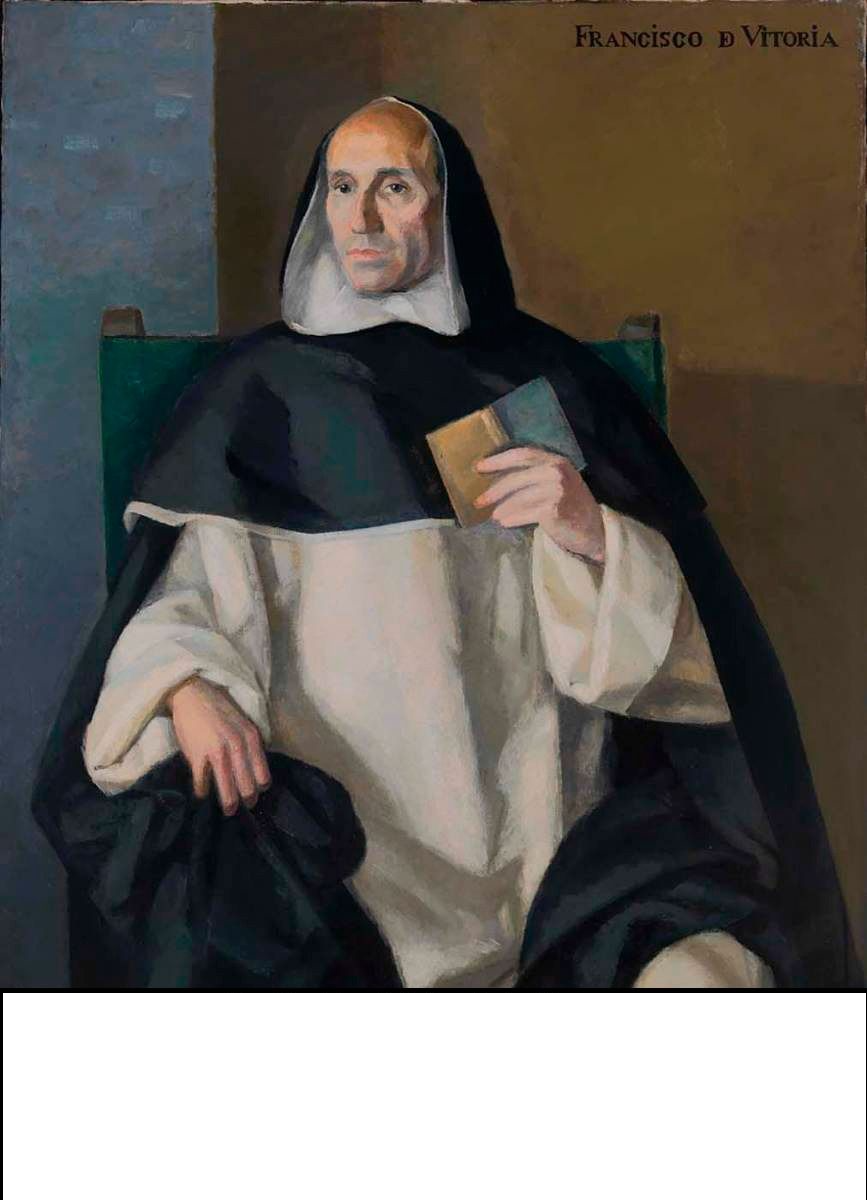Our role models
Francis of Vitoria
° 1483/1486, Burgos, Spain – † 1546, Salamanca, Spain
Francisco de Vitoria joined the Order of Preachers in 1504 and was sent to study at the Convent of Saint Jacques in Paris, where he studied the works of Erasmus and other Renaissance philosophers. In 1522 he returned to Valladolid to teach Dominicans who were being prepared for missions in Latin America. In 1524 he was elected to the chair of theology at the University of Salamanca. Recognized as a competent teacher, he was consulted by Emperor Charles V, which led to his becoming a prominent defender of the Indian peoples of the Spanish colonies. For him, indigenous peoples could not be denied rights, as they were clearly a deliberative and organized people. Because of his involvement in overseas politics and his legal research on the rights of indigenous peoples in the Americas, he is often considered one of the founders of international law. The main hall of the United Nations Human Rights Council in Geneva is named after him.
The ideas of Francisco de Vitoria would be the basis for Bartoloméus de las Casas' defense of Native Americans during the famous trial in Valladolid in 1550-1551. The so-called "Valladolid Dispute" led to the limitation of the privileges of the Spanish conquerors and the recognition of the rights of the indigenous peoples.

